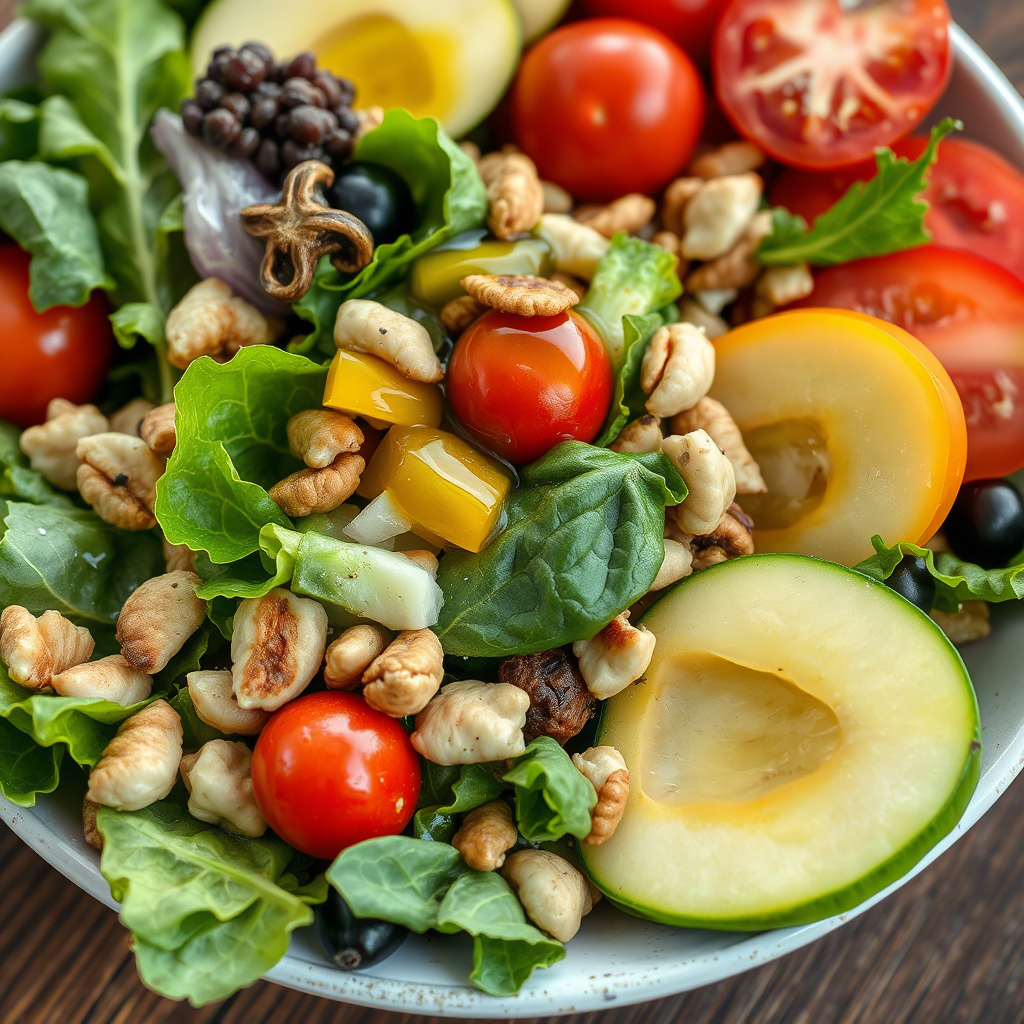Imagine your gut as a bustling city—home to trillions of microorganisms working day and night to keep you alive. This invisible ecosystem, known as the gut microbiome, doesn’t just digest your lunch. It shapes your immunity, mood, energy levels, and even your skin. Yet, in a world gut health is obsessed with quick fixes and fad diets, we often neglect this powerhouse until bloating, fatigue, or indigestion scream for attention.
Read Also: Digital Detox
Welcome to the world of gut health—a topic that’s equal parts science and self-care. This isn’t about restrictive diets or miracle pills. It’s about understanding how your gut works, why it matters, and how to nurture it with simple, sustainable choices. From fermented foods to stress management, let’s explore how your gut holds the keys to feeling vibrant, resilient, and truly alive.
What Exactly is Gut Health?
Gut health refers to the balance and function of the microorganisms living in your digestive tract. These bacteria, viruses, and fungi—collectively called the gut microbiome—play a starring role in:
- Digestion: Breaking down food and absorbing nutrients.
- Immunity: 70% of your immune system resides in your gut.
- Mental Health: The gut produces serotonin, your “feel-good” hormone.
- Inflammation Control: A healthy gut prevents chronic inflammation linked to diseases.
The Gut-Brain Connection: Your Second Brain
Your gut and brain are in constant conversation via the vegas nerve. Ever felt “butterflies” when nervous or lost your appetite during stress? That’s the gut-brain axis at work. Research shows an imbalanced microbiome can contribute to anxiety, depression, and brain fog.
Why Gut Health Matters More Than You Think
A thriving gut isn’t just about avoiding stomachaches. It’s foundational to your overall well-being.
1. Immunity Starts in the Gut
Your gut lining acts as a barrier against pathogens. When compromised (“leaky gut”), toxins seep into the bloodstream, triggering allergies, autoimmune conditions, or frequent infections. A 2020 review in Nature found that a diverse microbiome strengthens immune responses.
2. Mental Clarity and Mood
Serotonin, the “happy hormone,” is mostly produced in the gut. An imbalance in gut bacteria has been linked to anxiety, ADHD, and even Alzheimer’s.
3. Weight Management
Certain gut bacteria extract calories from food efficiently. An overgrowth of “bad” bacteria can lead to cravings for sugar and processed foods.
4. Glowing Skin
Conditions like acne, eczema, and rosacea often trace back to gut inflammation. As the saying goes: “Healthy gut, healthy glow.”
Signs Your Gut Needs Attention
How do you know if your gut is out of whack? Watch for these red flags:
- Digestive Issues: Bloating, gas, diarrhea, or constipation.
- Fatigue: Persistent tiredness despite adequate sleep.
- Food Cravings: Sugar, carbs, or salty snacks.
- Skin Problems: Acne, rashes, or dullness.
- Mood Swings: Anxiety, irritability, or brain fog.
How to Heal Your Gut: Science-Backed Strategies
Rebalancing your gut isn’t a sprint—it’s a lifestyle. Here’s where to start.
1. Feed Your Microbiome
- Fiber is King: Aim for 30g of fiber daily from veggies, fruits, legumes, and whole grains. Fiber feeds “good” bacteria.
- Fermented Foods: Yogurt, kimchi, sauerkraut, and kefir are rich in probiotics.
- Polyphenol Power: Dark chocolate, berries, and green tea nourish gut microbes.
- Ditch Processed Foods: Sugar and artificial additives harm beneficial bacteria.
2. Manage Stress
Chronic stress disrupts gut balance. Try:
- Mindfulness: 10 minutes of daily meditation.
- Breathing Exercises: Box breathing (inhale 4s, hold 4s, exhale 4s).
- Sleep Hygiene: Aim for 7–9 hours nightly—your gut repairs itself during sleep.
3. Move Your Body
Exercise boosts gut diversity. Even a 30-minute walk can improve digestion and reduce inflammation.
4. Consider Supplements (Wisely)
- Probiotics: Strains like Lactobacillus and Bifidobacterium support gut balance.
- Prebiotics: Supplements like inulin feed existing good bacteria.
- L-Glutamine: Repairs the gut lining (consult a doctor first).

Common Gut Health Myths Debunked
Let’s separate fact from fiction.
Myth 1: “Probiotics Fix Everything”
Probiotics help, but they’re not a cure-all. Diversity in diet matters more than popping pills.
Myth 2: “Gluten is the Enemy”
Unless you have celiac disease or sensitivity, gluten isn’t inherently harmful. Focus on overall diet quality instead.
Myth 3: “Detox Teas Cleanse Your Gut”
Most detox products are marketing gimmicks. Your liver and kidneys are natural detoxifiers—support them with water and veggies.
FAQs About Gut Health
Q: How long does it take to improve gut health?
A: Small changes (like adding fiber) show effects in weeks, but full healing can take months. Consistency is key!
Q: Can stress really damage my gut?
A: Absolutely. Stress alters gut bacteria and increases inflammation. Pair dietary changes with stress management.
Q: Are probiotic supplements necessary?
A: Not if you eat fermented foods daily. Supplements can help after antibiotics or for specific conditions.
Q: What’s the #1 worst food for gut health?
A: Ultra-processed foods (chips, soda, fast food). They starve good bacteria and feed harmful ones.
Conclusion
Your gut is more than a digestive workhorse—it’s the cornerstone of your health. By nourishing it with whole foods, managing stress, and listening to your body, you’re not just fixing bloating or boosting energy. You’re investing in a stronger immune system, a sharper mind, and a brighter mood.
Start small. Swap soda for kombucha. Add a side of roasted veggies to dinner. Take a walk instead of scrolling during breaks. As Hippocrates said, “All disease begins in the gut.” But so does healing.
Ready to become the CEO of your gut health? Your microbiome is waiting.



Pingback: Hydration Myths - Mental Health Stigma